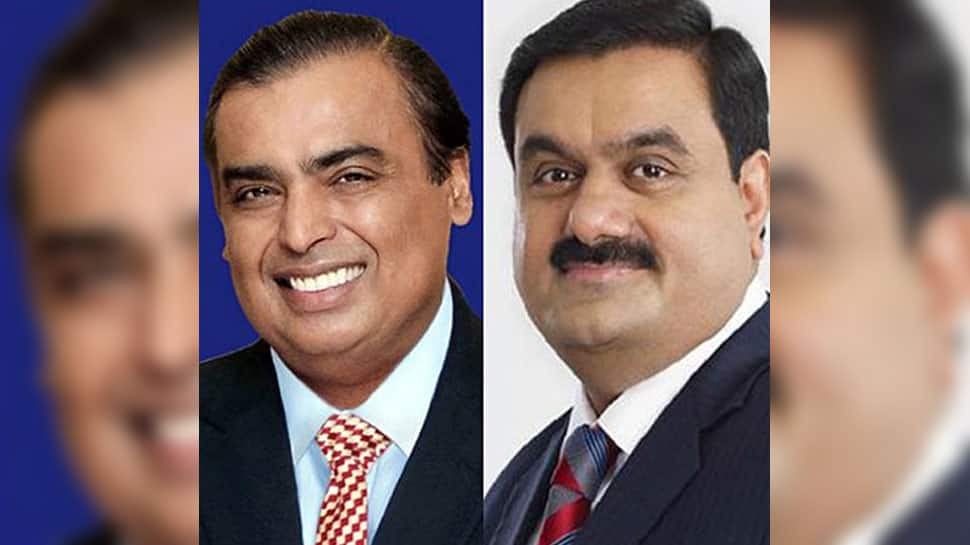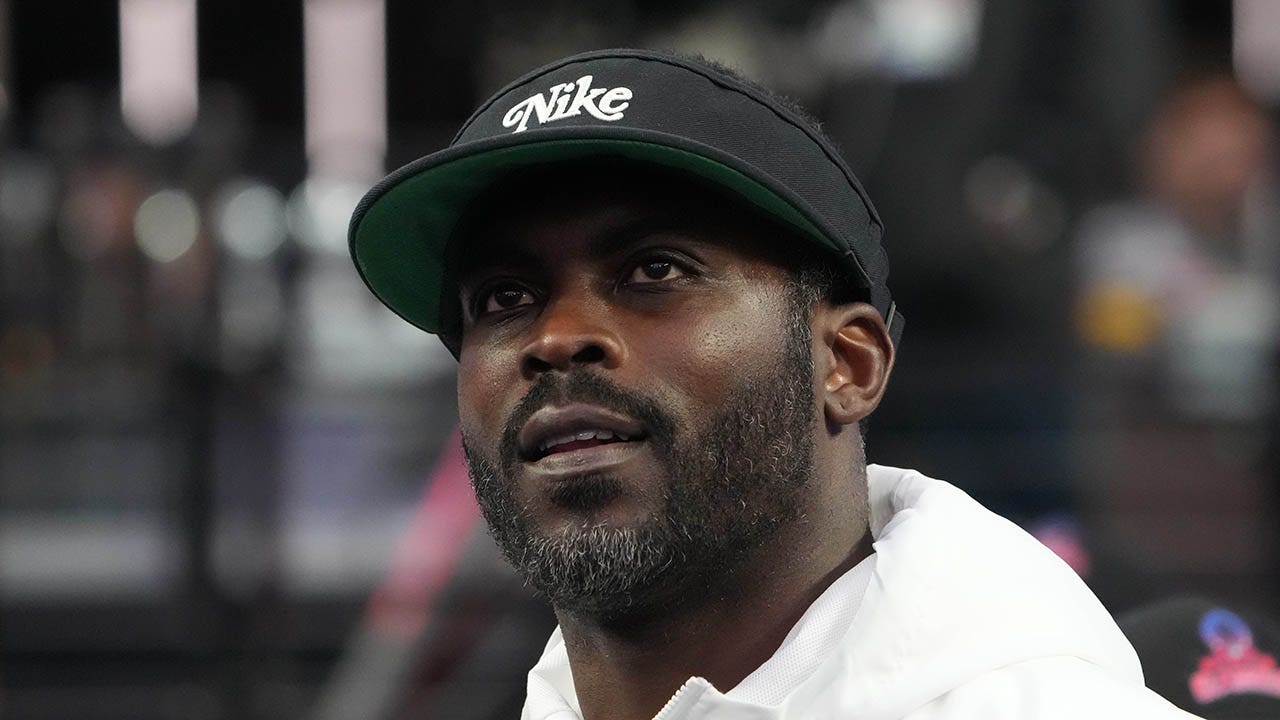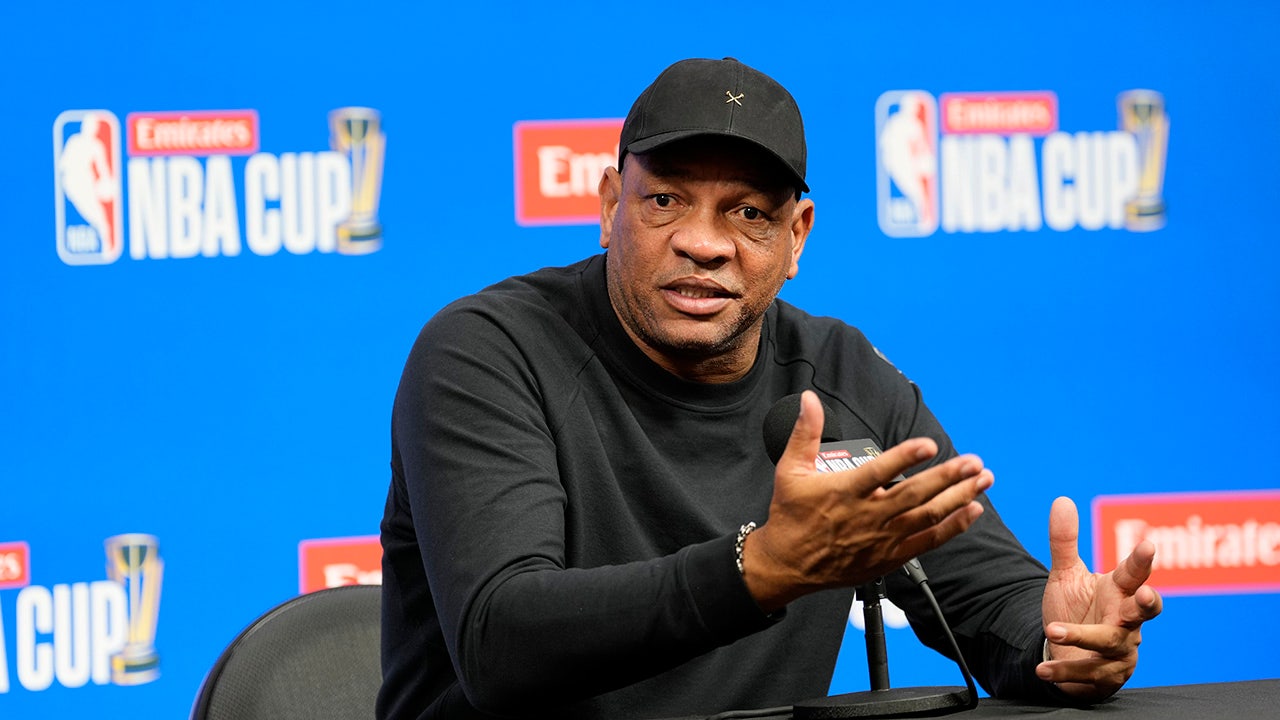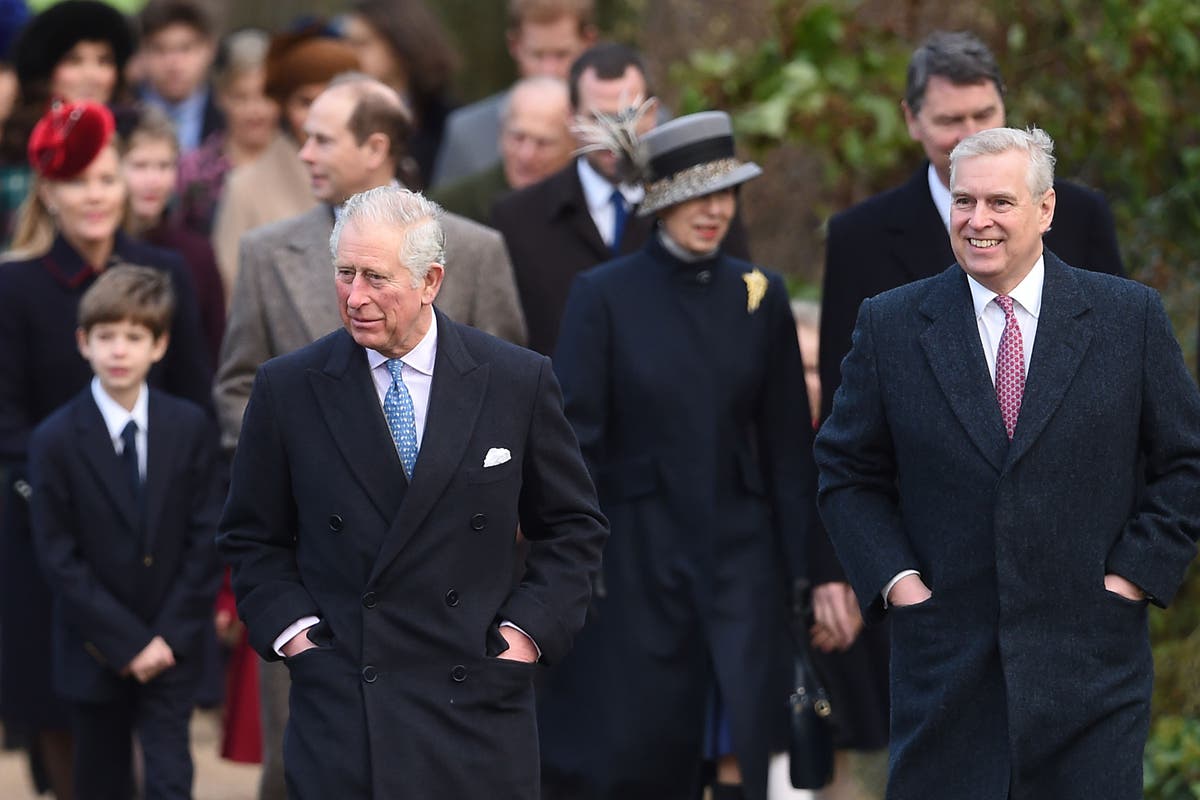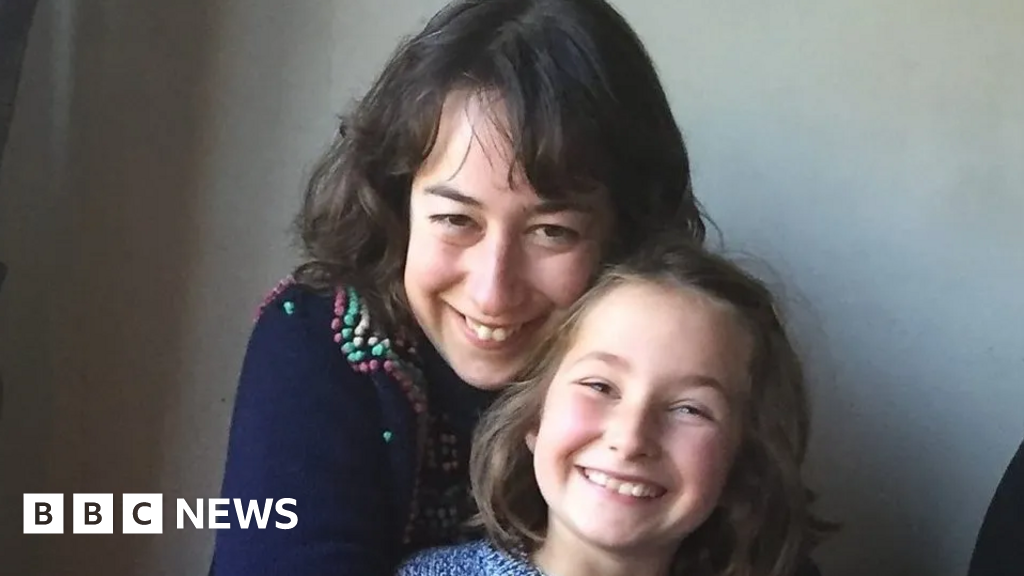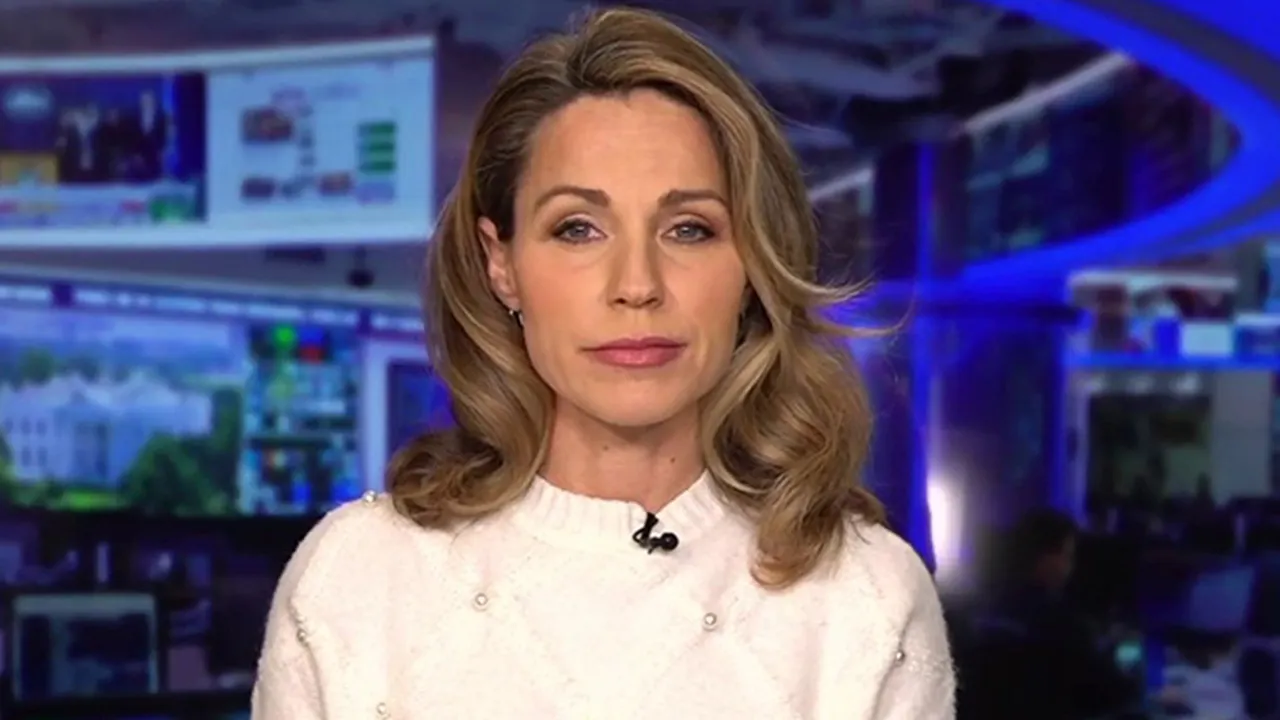Turkish presidential runoff election
Note: 99.43% ballot boxes opened. Unofficial election results.
Source: Anadolu Agency, worldpop.org
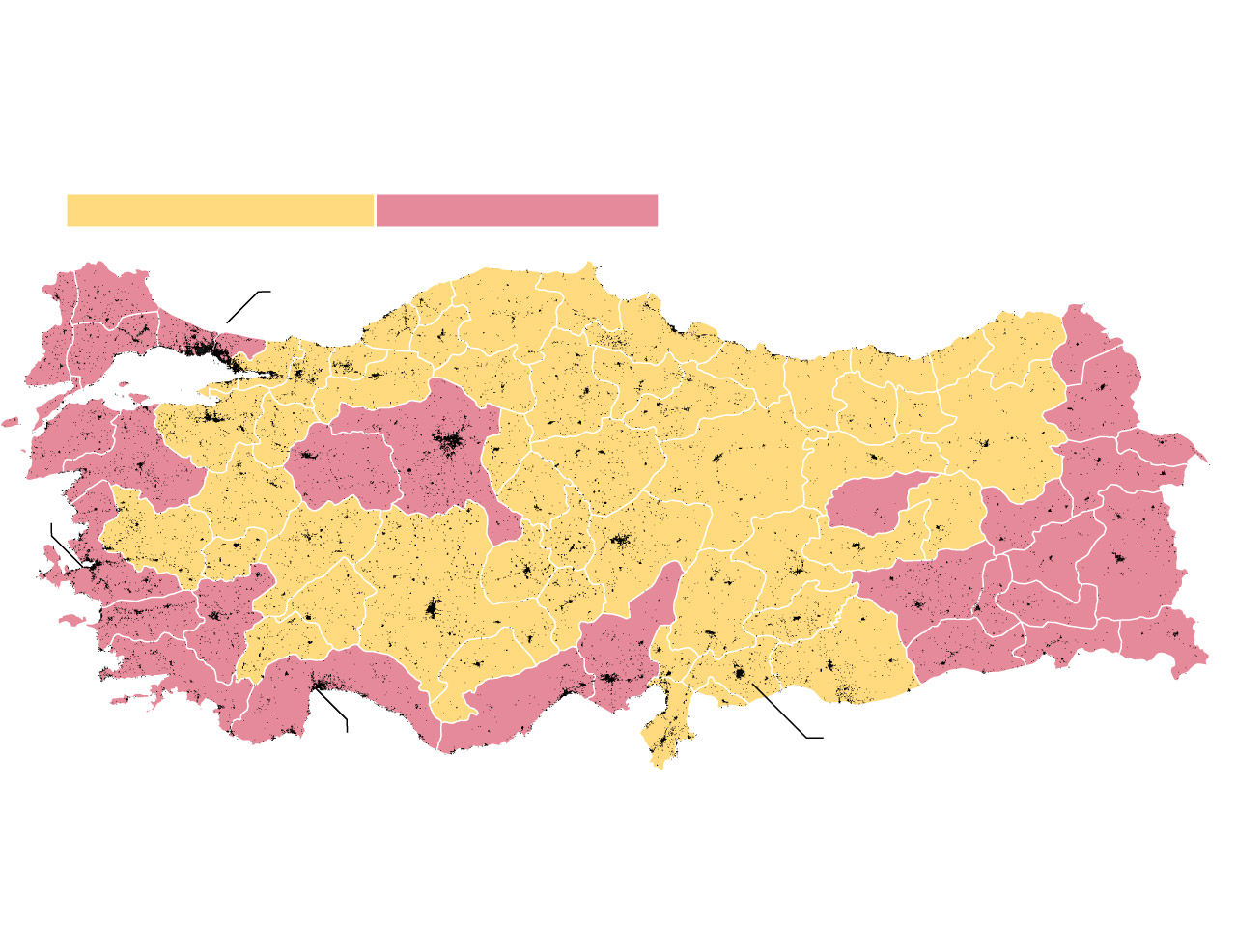
Turkish presidential runoff election
Note: 99.43% ballot boxes opened. Unofficial election results.
Source: Anadolu Agency, worldpop.org
In messages posted to Twitter, leaders on both sides of a geopolitical crevasse sent well wishes: President Biden said he looked forward to “continuing to work together as NATO Allies on bilateral issues and shared global challenges”; Russian President Vladimir Putin welcomed a fresh term for a “dear friend”; European Commission chief Ursula von der Leyen commended Erdogan’s victory and urged cooperation, saying it was of “strategic importance for both the EU and Türkiye to work on advancing this relationship.” An adviser to Ukrainian President Volodymyr Zelensky welcomed the Turkish president’s victory, saying: “We look forward to a broader strategic partnership for the benefit of our peoples and a safer future for humanity.”
During 20 years at the top of Turkish politics, Erdogan has maneuvered the country into an important role on the world stage: It is a mediator in Syria and Ukraine, two of the most consequential wars of the past decade, and has struck a more than $6 billion agreement with the European Union that effectively hands Turkey responsibility for preventing million of refugees from reaching the European mainland.
But at home, Erdogan has ruled with an increasingly authoritarian bent. His unorthodox policies have damaged the economy, making it hard for many citizens to make ends meet. Critics accuse him of dismantling the country’s democracy by using repressive measures against journalists and civil society while centralizing power in the executive branch.
“I know there’s a ton of politics behind it but world leaders’ statements of congratulations are so disappointing — super transactional. No mention that the democracy they’re hailing was, in large part, oppositional action in the face of authoritarianism. So much just swept away,” Lisel Hintz, a professor of international relations at Johns Hopkins University’s School of Advanced International Studies, tweeted as the commendations rolled in.
In the capital, Ankara, the sounds of his supporters’ celebrations boomed into the early hours of the morning as men, women and children carried flags through the streets and campaign buses blasted songs in the president’s honor. In the eyes of his voters, many of them conservative Muslims, Erdogan is the country’s great modernizer — a man who has launched major infrastructure projects across large parts of the country and overseen the growth of the defense industry while bringing Islam back into public life.
International election monitors from the Organization for Security and Cooperation in Europe had yet to release their concluding analysis of the election process Monday. The mission had characterized the first round of voting, in which Erdogan and Kilicdaroglu moved forward to Sunday’s runoff, as offering a genuine choice between political alternatives but on a playing field tilted in the incumbents favor.
Opposition media outlets and parties faced restrictions, while Erdogan’s message received wall-to-wall coverage on state media. One opposition candidate, Istanbul Mayor Ekrem Imamoglu, was banned from running at all, in a move that supporters described as a politically motivated effort to sideline a popular figure.
Erdogan’s Justice and Development Party, or AKP, has established a sprawling patronage network that funnels state largesse to supporters across the country. In the months running up to the election, he tapped the treasury to add a new package of populist sweeteners. The minimum wage was raised three times in a year; households were promised free natural gas.
Sunday’s pivotal ballot also took place in the shadow of an earthquake that killed more than 50,000 people and shattered towns and cities across Erdogan’s southern base of support. Where Kilicdaroglu used the opposition’s campaign to accuse the state emergency response of corruption, Erdogan took to his vast platform to promise that residents would have roofs over their heads again within a year. Throughout the broken region, it was the president who won back the vote.








